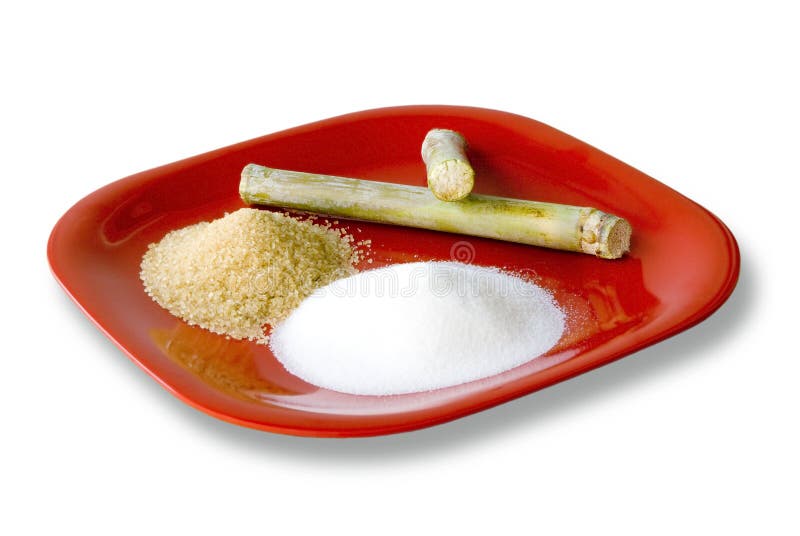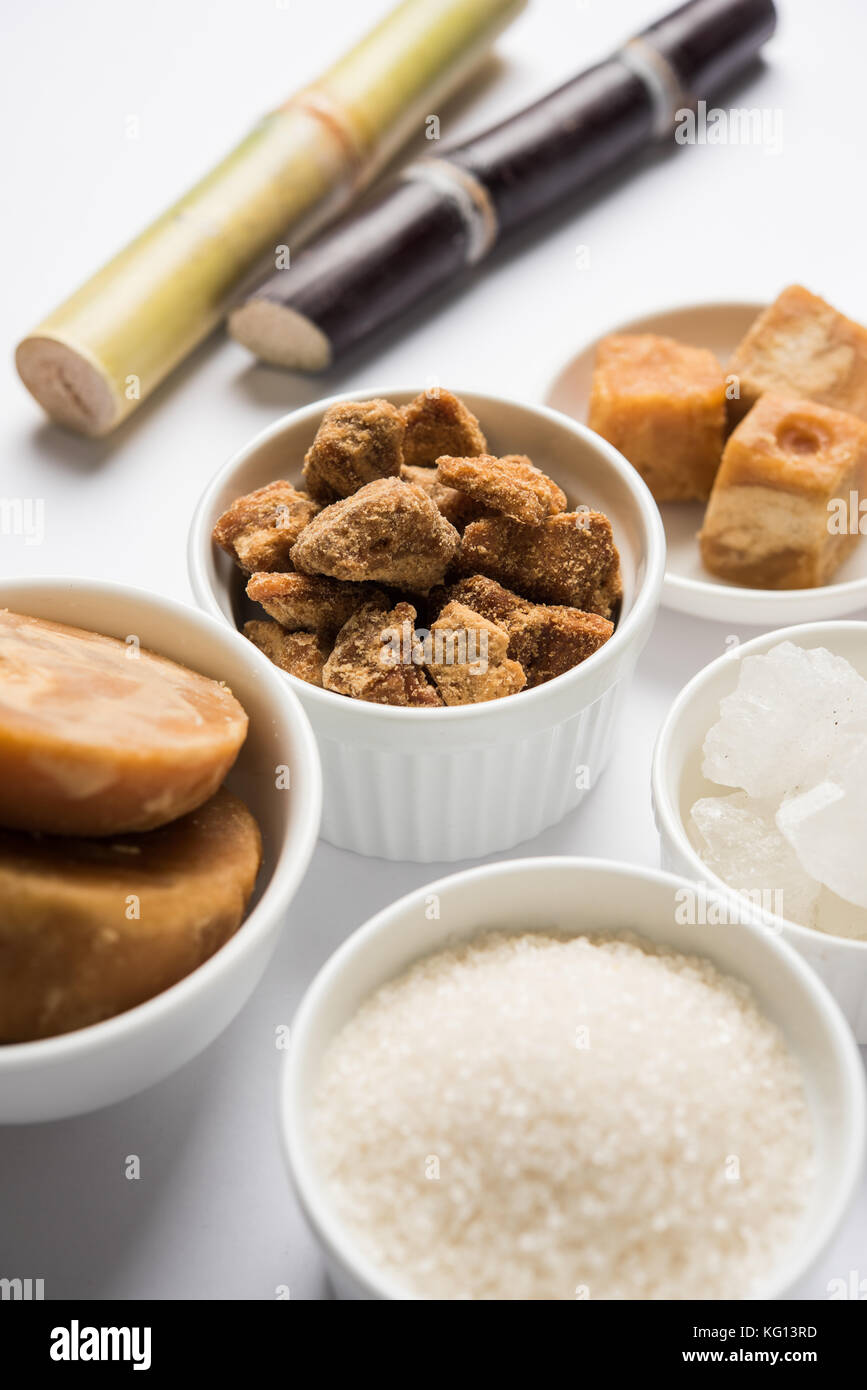The Growing Popularity of Sugarcane Product in the Vegan and Sustainable Markets
The Growing Popularity of Sugarcane Product in the Vegan and Sustainable Markets
Blog Article
Sustainable Sugarcane Products: From Sweeteners to Eco-Friendly Item
The capacity of lasting sugarcane products extends beyond typical sweeteners to incorporate a variety of environment-friendly products, presenting a compelling case for their combination right into modern customer practices. As the globe grapples with pushing environmental concerns, sugarcane arises as a flexible source capable of attending to both dietary demands and sustainability objectives.
Summary of Sugarcane Sustainability
As the need for eco-friendly items grows, comprehending sugarcane sustainability comes to be significantly crucial. Sugarcane, a functional plant, is grown mainly in exotic and subtropical regions, and its sustainability is important for both ecological wellness and economic viability. Lasting sugarcane farming techniques concentrate on decreasing ecological influence while making the most of efficiency and productivity.
Key elements of sugarcane sustainability include reliable land usage, decreased chemical input, and boosted water administration. Practices such as plant turning, incorporated parasite management, and organic fertilization add to soil health and biodiversity. Furthermore, cutting-edge innovations, such as accuracy farming, assistance maximize resource usage and lower waste.
In addition, sugarcane is a renewable energy, with spin-offs that can be used in various markets, from biofuels to biodegradable plastics, consequently decreasing dependence on nonrenewable fuel sources and lessening carbon impacts. Accreditations like the Bonsucro standard encourage lasting practices across the supply chain, advertising transparency and liability.

Sugarcane-Based Sweeteners
Using sugarcane as a key source, sugarcane-based sweeteners have actually acquired importance as natural options to artificial sugar and refined sugars (sugarcane product). These sugar, obtained from the extraction and processing of sugarcane juice, supply a range of products that cater to diverse consumer preferences, including organic and minimally refined options
Raw walking cane sugar maintains even more of the all-natural tastes and nutrients discovered in sugarcane, making it a favored choice for health-conscious consumers. Panela, a typical Latin American sweetener, is produced by vaporizing sugarcane juice, preserving its all-natural minerals and vitamins.
The growing need for sugarcane-based sweeteners is driven by boosting understanding of health and sustainability issues connected with traditional sweeteners. By picking sugarcane-derived items, consumers not only sustain lasting agricultural methods however likewise add to a healthier way of life, straightening their dietary options with their ecological worths.
Naturally Degradable Product Packaging Solutions
Becoming a viable alternative to traditional plastics, eco-friendly product packaging solutions originated from sugarcane are changing the product packaging market. These innovative products give an environmentally friendly alternative that deals with the growing worries over plastic pollution. Using the all-natural sugars discovered in sugarcane, suppliers are creating numerous kinds of biodegradable packaging, including films, containers, and wraps that decompose more quickly than standard plastics.
The primary benefits of sugarcane-based product packaging lie in its renewable sourcing and its ability to break down right into safe by-products. Unlike fossil fuel-derived plastics, which can continue the environment for hundreds of years, sugarcane product packaging generally breaks down within a few months under proper problems. This decrease in waste not only mitigates landfill overflow but additionally lowers the carbon footprint connected with packaging materials.
In addition, sugarcane-derived product packaging preserves robust performance features, supplying similar longevity and performance to traditional options. As organizations and customers increasingly focus on sustainability, the adoption of biodegradable product packaging remedies represents a significant action towards a round economy, where products are reused and regenerated instead than discarded. This change not only improves brand name picture but also adds to a more lasting future for the planet.
Eco-Friendly Textiles and Fabrics
Eco-friendly textiles and fabrics are getting grip in the fashion and home items markets as customers progressively require sustainable options to standard materials. Amongst the remarkable choices are textiles browse around this web-site derived from sugarcane, which provide an eco accountable choice to synthetic fibers. These textiles are created through a process that uses the renewable energies found in sugarcane, dramatically decreasing dependence on petroleum-based products.

Brand names are significantly integrating green textiles right into their product, mirroring a broader commitment to sustainability. This shift is not simply a fad but a required advancement in feedback to ecological issues. As the marketplace for lasting fabrics expands, consumers can go now expect innovative styles that incorporate design with environmental duty. Inevitably, eco-friendly textiles and textiles represent a significant action towards lowering the apparel industry's ecological footprint while satisfying the expanding demand for accountable consumer choices.
Technologies in Sustainable Farming
Revolutionizing agricultural practices, technologies in lasting farming are transforming the means crops are expanded and taken care of. These innovations concentrate on minimizing ecological impact while making best use of effectiveness and productivity. Strategies such as precision farming use data analytics and satellite imagery to maximize resource usage, making sure that water, fertilizers, and chemicals are used only where required. This targeted approach not just minimizes waste but additionally enhances crop returns.

Moreover, agroecology, which integrates environmental concepts right into farming, advertises biodiversity and soil health and wellness. Practices such as plant turning, cover chopping, and intercropping foster resistant ecosystems that can endure pests and climate variants - sugarcane product. Furthermore, the usage of organic fertilizers and biopesticides adds to much healthier dirts and ecosystems

Together, these developments are not only improving the farming landscape however likewise contributing to a more sustainable future for sugarcane and various other plants, aligning agricultural experiment ecological stewardship.
Conclusion
Lasting sugarcane products represent a considerable development in eco-friendly options, extending from natural sugar to biodegradable products. As customer preferences progressively lean towards sustainable choices, the versatility of sugarcane as a sustainable source comes to be increasingly relevant.
The possibility of sustainable sugarcane products extends beyond standard Read Full Article sweeteners to include a variety of eco-friendly items, offering a compelling instance for their assimilation into contemporary customer practices. Sustainable sugarcane farming methods concentrate on minimizing ecological effect while optimizing efficiency and productivity.
Sustainable sugarcane products represent a significant improvement in green choices, spanning from all-natural sweeteners to biodegradable goods. The cultivation of sugarcane through sustainable practices not only enhances environmental health but also contributes to economic viability. As consumer preferences progressively lean towards sustainable options, the flexibility of sugarcane as a renewable resource comes to be significantly relevant.
Report this page